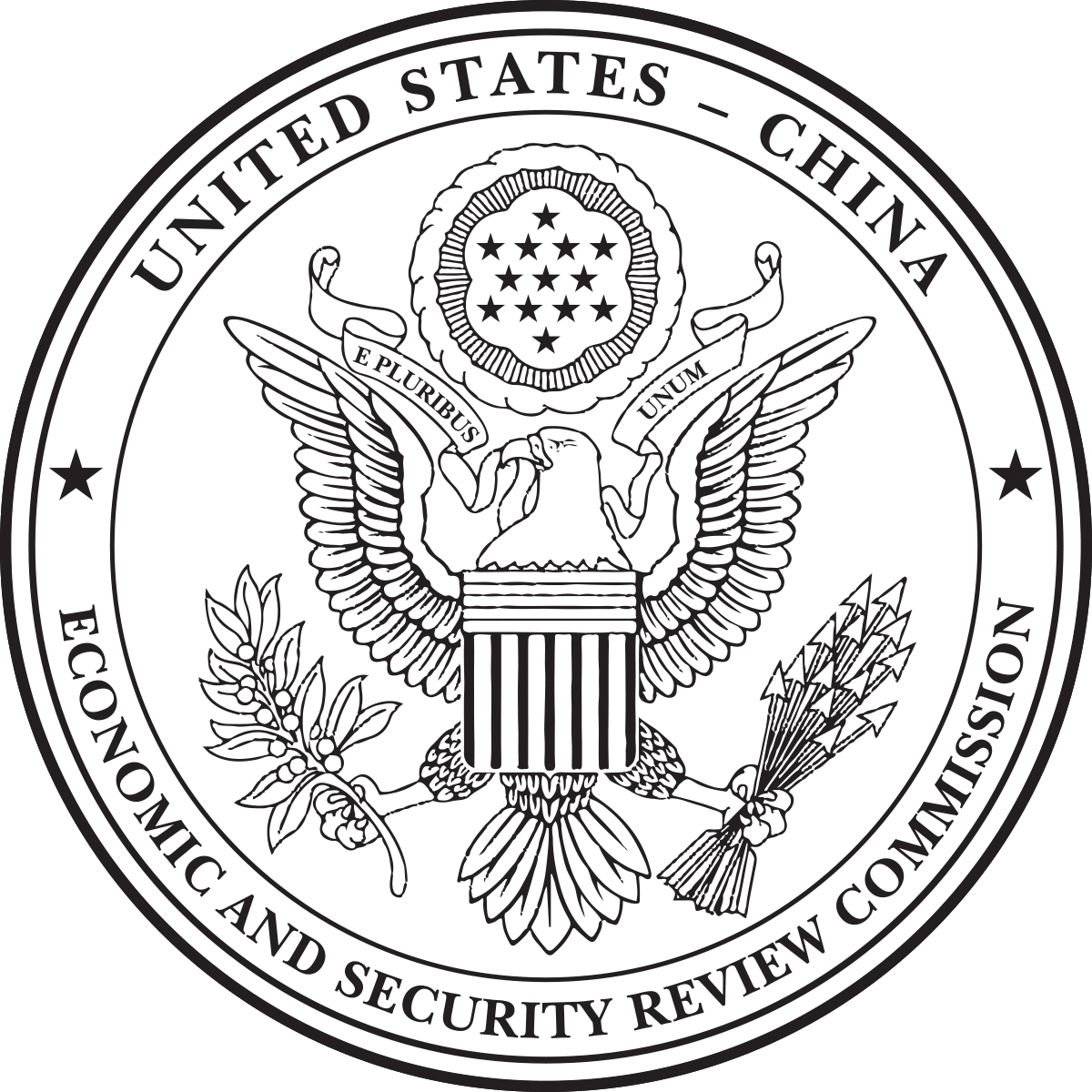Request for Proposals on Demographics of the People’s Liberation Army (PLA) and Personnel Challenges
The Commission invites proposals for a report on the demographics of the People’s Liberation Army (PLA) and personnel challenges associated with PLA recruitment and retention.
The Commission invites proposals for a report on China’s National Public Information Platform for Transportation and Logistics (LOGINK) and other Chinese technologies and services involved in global shipping and logistics.
This hearing assesses changes in Hong Kong’s legal system, media, civil society, and special designation under U.S. trade practices; explores the Chinese government’s increased regulation of markets and data, including new measures affecting foreign-listed Chinese companies and implications for U.S. investors; and addresses the current status of U.S. foreign investment review and export control…
The issue brief examines the evolution of China’s role in global illicit fentanyl trade.
The report examines China’s deepening ties with Iran and the geopolitical constraints on the relationship.
